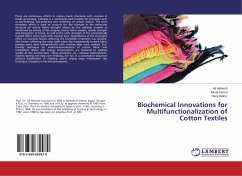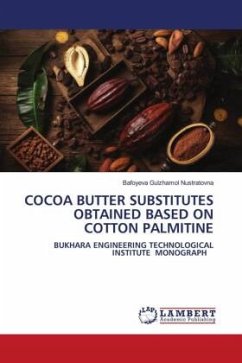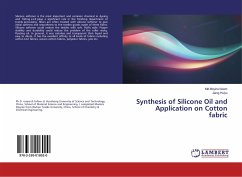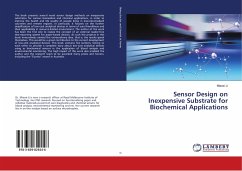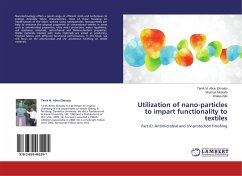There are continuous efforts to replace harsh chemicals with enzymes in textile processing. Cellulase is a commonly used enzyme for processes such as bio-finishing, bio-polishing and softening of cotton fabrics. The term enzymatic effect is used to account for the changes in the molecular structure of cotton fabric brought about by the cellulase enzyme as monitored by activity of the enzyme, loss in fabric weight, tensile strength and elongation at break, as well as the color strength of the enzymatically treated fabric when dyed with reactive dyes. Dependence of the enzymatic effect on essential factors affecting the enzymatic treatment was studied. Also factors affecting the color yield when the enzymatically treated fabric samples were dyed independently with reactive dyes were studied. Eco-friendly technique for multifunctionalization of cotton fabric was established. Water and energy conservations are featured to address quality of the environment. Three processes, viz., cellulase biotreatment, reactive dyeing and easy care finishing, are run in a consecutive sequence without involvement of washing and/or drying steps in-between; this technique is based on wet-wet procedures.
Bitte wählen Sie Ihr Anliegen aus.
Rechnungen
Retourenschein anfordern
Bestellstatus
Storno

